Trash Talking – Does it Work?
Trash talking to get inside of your opponent’s head is nothing new to sports. Unfortunately, the anonymity that online gaming offers has turned rough but friendly banter into something a lot more sinister. But where does that really get players in terms of their performance in the game? The perception of most pros is that it does affect their gameplay. For professional esports gamer, Joshua-Lee “Joshh” Shepherd said, “I’d say trash-talking can play a 40% part of us winning a game a lot of the time”, which truly goes to show how ingrained trash talk in gaming really is. But what does the research say?
According to researcher Zaira Govette, there are surprising benefits and risks of trash-talk. Though trash talk is usually associated with self-aggrandizing sports egos, there are plenty of juicy examples in other industries, from marketing to politics to law.
Even ancient kings did it; in one famous example, Philip II of Macedon sent his enemies a message boasting that if he brought his army into their land, they would be utterly destroyed, never to rise again – essentially, that he’d kick their behinds. The enemy leaders replied with a single word: “if”.
But First – What is Trash Talk?
The researchers defined it as “boastful remarks about the self or insulting remarks about an opponent”.
Legendary boxer Muhammad Ali leveled some of the most memorable quips of all time against his opponents. In general, Ali’s comments could be summed up as, “”hey dummy –you’re going to lose, and you’re going to lose bad…. end of story!!!!!!”
Last year, Jeremy Yip, an expert in management from Georgetown University and researchers from the University of Pennsylvania, decided to find out exactly how prevalent trash talk is and how it impacts performance.
““It’s quite prevalent and quite frequent,” he says. “It’s shocking really.” So how is all this trash-talk affecting people? And should we all be honing our best put-downs?”
Here’s what happened when this trash-talk between rivals was put into a research environment…
Incredibly, those who had been the targets of trash-talking performed significantly better than those who hadn’t.
“That’s interesting because though we tend to think of it as being a way of intimidating another person, and diminishing their performance, what we’re finding is that when you’re the recipient of trash talk, you become extra motivated to outperform your opponent,” says Yip. “Trash talk is just one way that this plays out – but it’s a risky business. “It’s a way of generating instant rivalry, but the impacts weren’t what competitors expected as it naturally improved the opponent’s gameplay rather than worsened it.”
The Art of Distraction
But before you put down your book of Muhammad Ali’s most poetic insults, trash-talk also has some compelling upsides.
Firstly, if you can get your opponent to trash-talk back, then you may both benefit from the extra motivation it provides. But if that doesn’t work, one major upside of trash talk is that it can be highly distracting to your opponent.
As part of their study, Yip and his team tested whether trash talk would affect performance on a creative task and found that those on the receiving end of the researchers’ carefully crafted provocations performed significantly worse. He suggests that this might be because creativity is significantly cognitively demanding – it requires thinking about several ideas simultaneously and then configuring them in a new way – and trash talk makes it harder to keep your thoughts in the right place.
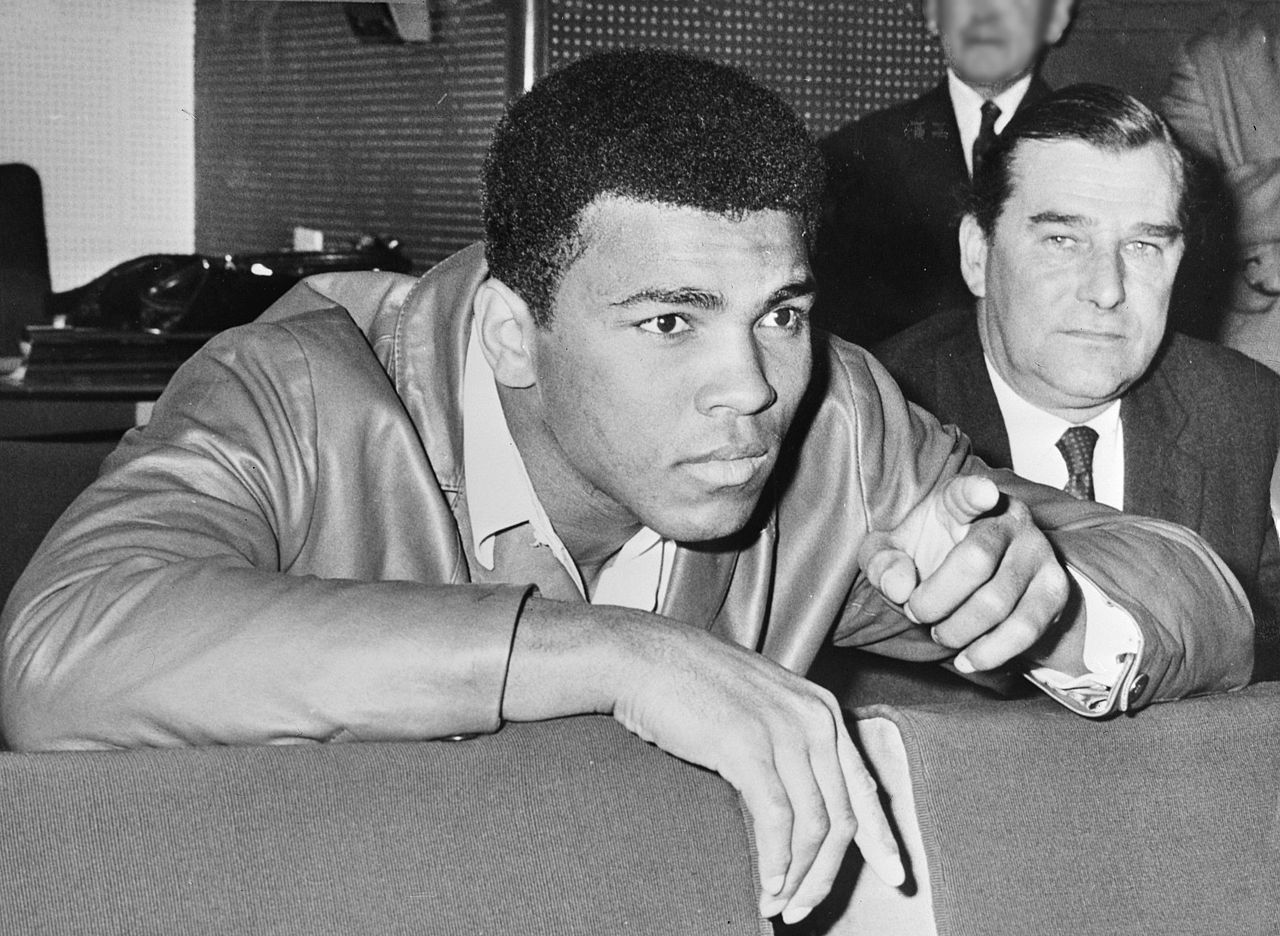
The Difference Between Trash Talk and Cyberbullying
For esports athletes, trash-talking is an integral part of their day-to-day lives. But when trash talk becomes too personal, it can destroy teams and undermine the trust required for excellent team performance. A notable example of where trash-talk went too far is with Ryan “freakazoid” Abadir and Oleksandr “S1mple” Kostyliev.
During a publicized FPL match, Freakazoid began to “trash-talk” his teammate to help push him forward and egging him on. And it worked for a while, but, at a certain point, freakazoid got personal with his insults, even going so far as saying, “I don’t think you have real-life friends, do you?”. For many fans of the team, they saw this as going too far. Bringing up the personal and real life of a person is a total no-no.
For many, the lines between simple trash-talk and cyberbullying lie somewhere between the players’ relationship and the goal of what they are communicating. 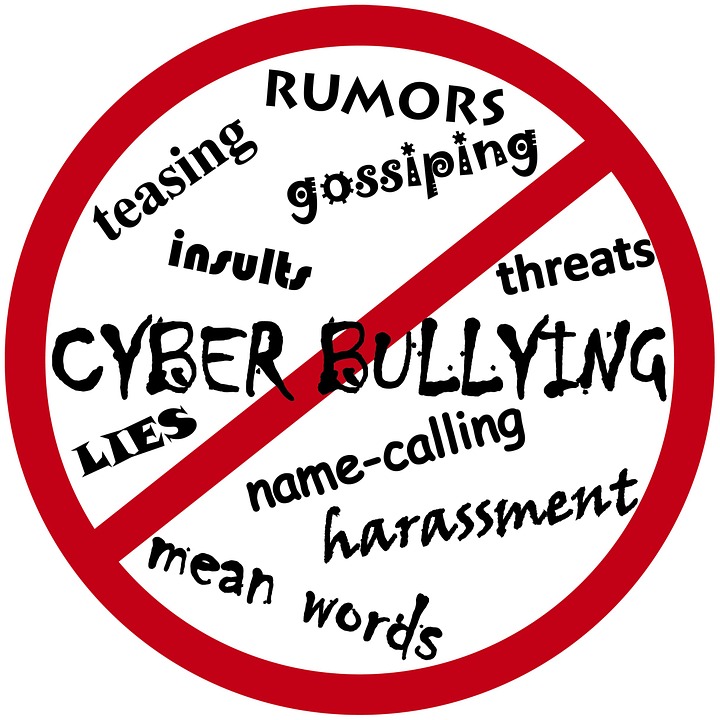 Hurling verbal volleys for the sake of creating distraction can work, but when personal information is shared with the goal of doing emotional harm, then you’ve simply gone too far. If the banter is between friends, joking about each other’s gameplay or styles used within the game, it falls under ‘trash-talk’. However, when you are insulting someone because of things they can not change, such as telling someone you have never met they are ugly, then that is not trash-talking at all. That is simply cyberbullying.
Hurling verbal volleys for the sake of creating distraction can work, but when personal information is shared with the goal of doing emotional harm, then you’ve simply gone too far. If the banter is between friends, joking about each other’s gameplay or styles used within the game, it falls under ‘trash-talk’. However, when you are insulting someone because of things they can not change, such as telling someone you have never met they are ugly, then that is not trash-talking at all. That is simply cyberbullying.
Talk Yourself Up, Not Others Down
Trash talk is a surprisingly understudied phenomenon, considering its ubiquity, and no one has investigated its effects on workers in an office environment yet, but with the number of gamers going into the workforce, they soon will.
McDermott cautions that researchers choose the trash-talk in her study extremely carefully. “A lot of it in real-world scenarios involves quite a lot of misogyny and homophobia – it revolves around emasculating people or telling them that they play like a girl,” she explains. “Of course, we didn’t want to really offend people, just to get a reaction out of them.”
To avoid descending down the slippery slope from trash-talker into cyberbully, those considering introducing some competitive repartee to their day would be better off talking themselves up, rather than talking others down. McDermott also stresses the importance of keeping it playful, and generating a rapport with the person you’d like to begin a verbal battle with beforehand; throwing around insults at random certainly isn’t going to make you any friends, and it might even get you fired. On the esports pro circuit, organizations and leagues are leveraging some severe fines or banning trash-talk altogether, as it has the double-edged impact of improving competitors’ gameplay and risking insulting sponsors and spectators alike.
“I would say generally there are more negative consequences to trash-talk among teammates, 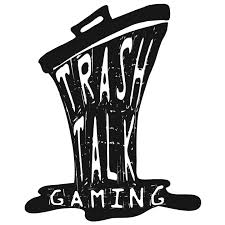 because there’s a cooperative element to the workplace, where people are interdependent and need to work together to win,” says Yip. While one of his studies found that trash-talk can make people more motivated in competitive situations, it also showed that people won’t put as much effort into a group project if their colleagues are uncivil.
because there’s a cooperative element to the workplace, where people are interdependent and need to work together to win,” says Yip. While one of his studies found that trash-talk can make people more motivated in competitive situations, it also showed that people won’t put as much effort into a group project if their colleagues are uncivil.
Anecdotally, at least, most people seem to know this rule intuitively already, since it’s much more common to find trash-talk between “tribes” of people, such as companies, sports teams and university colleges, than it is among individuals.
So there you have it. If it’s deployed carefully, trash-talk can give you the upper hand in certain situations. But you have to know the rules, or you may end up banned from your favorite game or sidelined from playing on your favorite team.
In the infamous words of the trash-talk king himself, Muhammad Ali, do say: “I am the king of the world”. Don’t say “Frazier is so ugly he should donate his face to the US Bureau of Wildlife.”
In Conclusion
If your child wants to take their game to the next level, then enrolling at Esports Tower can be the next step in their development. At Esports Tower we offer bi-weekly coaching sessions, and weekly opportunities to play in a tournament setting, all for $5 a week… the same price as a fancy latte!

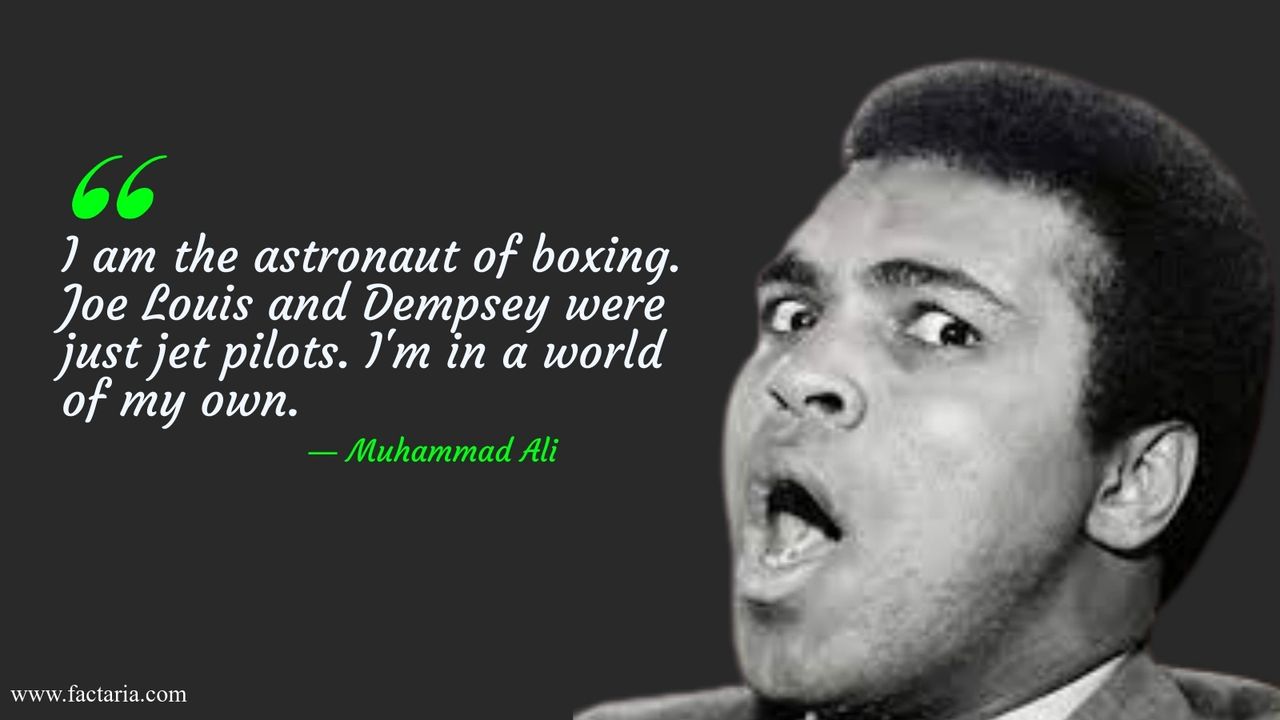
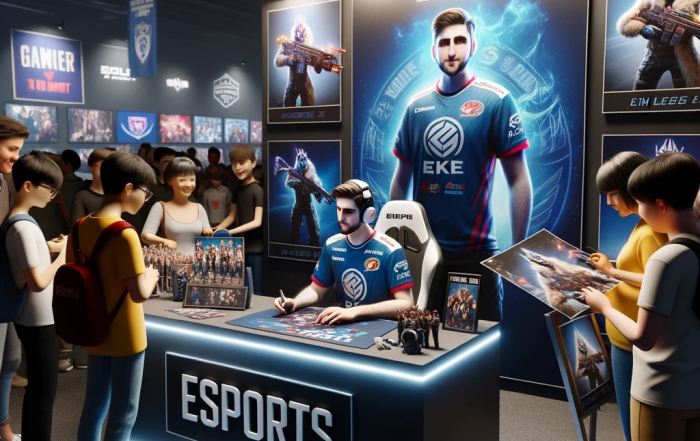
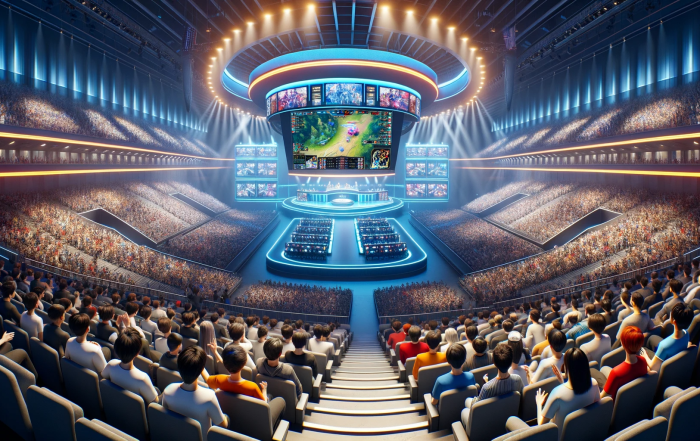
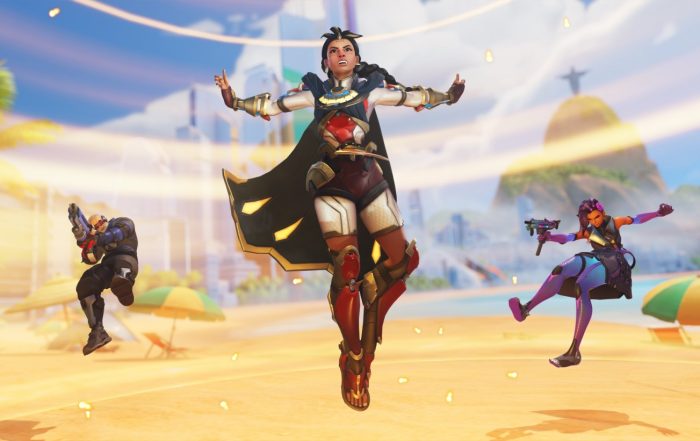
Get Social